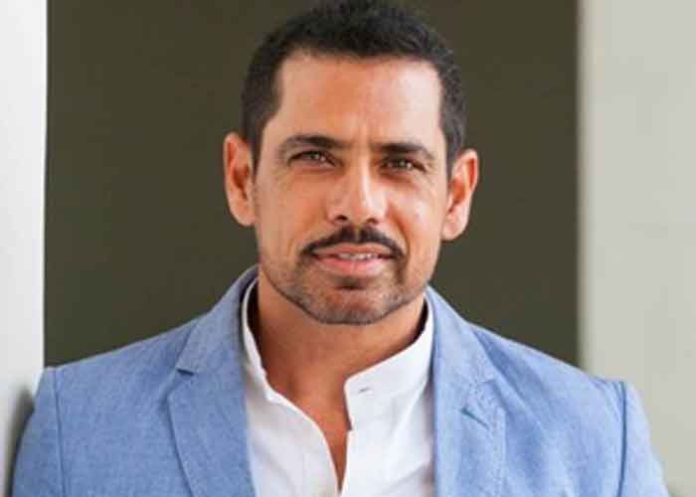New Delhi, Apr 13: Reports of people getting heart attacks while dancing, driving or taking a walk, have increased in recent months raising concerns over the condition’s unpredictability. Doctors and public health experts, however, say it is preventable, urging individuals to go for routine health check-ups.Dr Ajay Kaul, chairman of Cardiac Sciences, Fortis Hospital, Noida, told PTI, “A sudden heart attack is usually a sign of underlying heart disease, such as coronary arteries disease or hypertrophic cardiomyopathy, which can be detected through routine health check-ups.
”Hypertrophic cardiomyopathy is an inherited heart condition.“Exercise can trigger fatal arrhythmias in these individuals. Undertaking strenous physical activity — such as gymming — without knowing what one’s heart is capable of, can increase stress on the walls of ventricles, potentially decreasing blood flow and oxygen supply, and contributing to sudden cardiac death, ” Dr Kaul said.

“Therefore, I strongly advise a medical check-up before embarking on a gym regimen to know which exercises are suitable and which are not,” he added.Instances of heart attacks at a gathering or while driving surfaced over the past weeks.This week, in Uttar Pradesh’s Bareilly, a 45-year-old man died while dancing with his wife during their 25th wedding anniversary celebrations.
Earlier this month, a 35-year-old suffered a heart attack while driving a state-run bus in the Mysuru district of Karnataka, according to a report by The Hindu.Public health researcher Vikash Keshri, a senior lecturer at the University of New South Wales, Australia, said, “Even as risk factors for heart attacks remain the same for both the young and old, the trend of more youths being affected is reflective of an early onset of these risk factors.”“However, the urban population pays little attention to public health systems and does not go for regular check-ups,” he added.
Doctors insist on following healthy lifestyle practices which should include effective de-stressing mechanisms for dealing with everyday pressures.“Some reasons, such as a family history and polluted urban environments, are not preventable. However, what is preventable is resorting to unhealthy behaviours, including a lack of exercise, eating junk food, smoking and consuming alcohol.
This is what is driving a high incidence of coronary artery disease,” Dr Kaul said.Indians are genetically predisposed to heart disease, compared to the Europeans and those in the US, which is why we tend to get them about 10 years earlier and also at a lower body weight, said Dr Saptarshi Bhattacharya, senior consultant, department of Endocrinology, Indraprastha Apollo Hospitals, Delhi.“So, while we may not appear obese or overweight, we still have a higher fat percentage, especially in the abdominal area, setting us up for multiple complications, including diabetes,” he said.
A poor quality of sleep — the body’s natural ‘repair’ mechanism — can add to the troubles, said Dr Sanjay Saxena, principal director and head of the Neurology Department at Max Hospitals in Patparganj, New Delhi and Vaishali, Ghaziabad.He added that not being able to sleep beyond six hours or honour one’s circadian rhythm (sleep-wake cycle) can result in increased blood pressure and heart rate, inflammation in blood vessels and also cause insulin resistance.Dr Saxena advised one having obstructive sleep apnea — a common sleep disorder — should look to get the condition treated, else it too can heighten the risk of heart attacks.
The experts called for a stricter implementation of government programmes.The ‘National Programme for Prevention and Control of Cancer, Diabetes, Cardiovascular Diseases and Stroke’ (NPCDCS) was launched in 2010 with a focus on strengthening healthcare infrastructure and early diagnosis.Keshri pointed out that the urban outreach of the public health programme needs to be improved.
“So, even when robust procedures for screening, diagnosis and treatment have been detailed for an individual in the rural community, up to district hospital or medical colleges, where a facility for emergency cardiac care is available, there is no similar primary infrastructure in urban areas,” the researcher explained.Further, at an individual’s level, one can introduce more movement into their daily routines by de-boarding at an earlier metro station and walking to work, and using stairs instead of elevators, Dr Kaul said.Awareness about being physically active needs to be reinforced in childhood and teenage, the experts added.
“It is important we start right in childhood. Lifestyle lessons and healthy behaviours need to be reinforced in schools and colleges because when someone is diagnosed with a condition, there are almost 20-30 years of metabolic problems in the background which have predisposed them to the condition,” Dr Bhattacharya said.The post Untimely heart attacks ‘preventable’, doctors advise ‘routine health check-ups’ appeared first on Greater Kashmir.
.
Health

Untimely heart attacks ‘preventable’, doctors advise ‘routine health check-ups’

"I strongly advise a medical check-up before embarking on a gym regimen to know which exercises are suitable and which are not," Dr. Kaul advisedThe post Untimely heart attacks ‘preventable’, doctors advise ‘routine health check-ups’ appeared first on Greater Kashmir.















